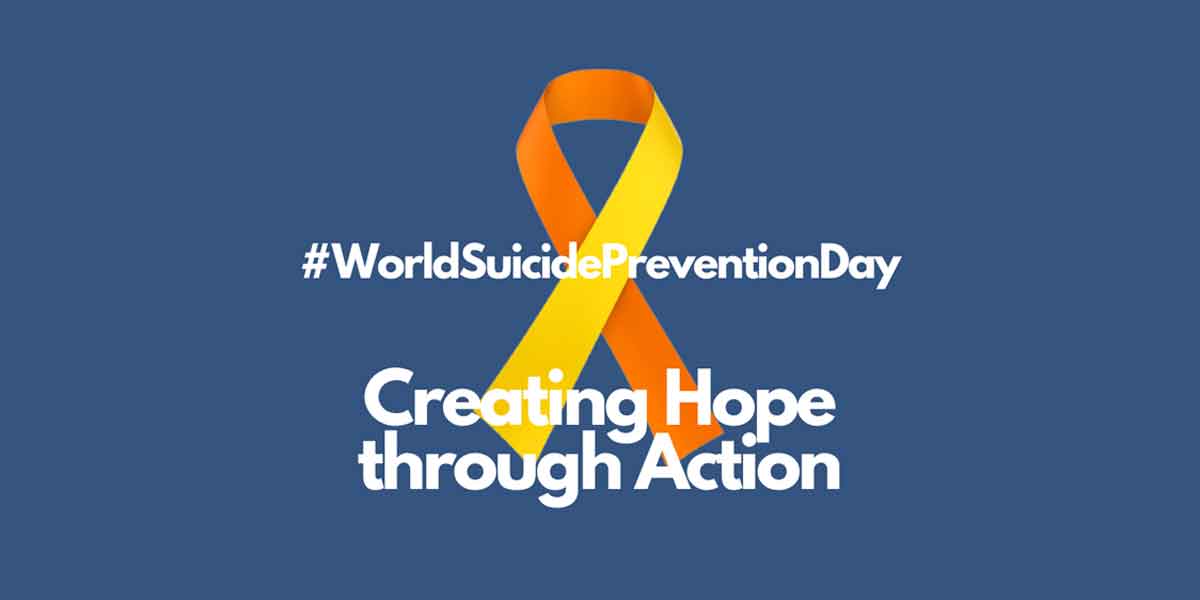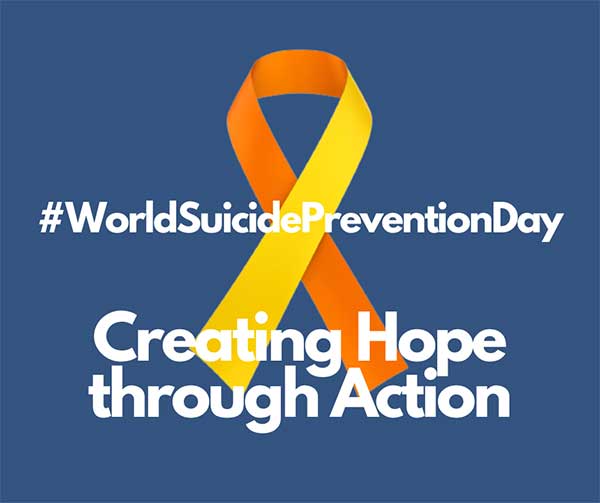

With estimates of more than 700,000 cases per year worldwide, suicide is a major public health problem with far-reaching social, emotional, and economic consequences. Each suicide profoundly affects many more people.
“An increasing rate of suicide in the Philippines has been recorded in the past years alarming the public of a rising public health problem in the country. What’s disturbing is the rise in students engaging in self-harm and suicide attempts. For the academic year 2021-2022, 404 learners died of suicide and 2,147 others inflicted self-harm with possible underreporting due to associated stigma.”
On September 10, BAN Toxics joined the global World Suicide Prevention Day dedicated to raising awareness about suicide, its prevention, and providing support to those affected by it.
“Creating Hope Through Action” is the triennial theme for the World Suicide Prevention Day from 2021-2023. This theme serves as a powerful call to action and a reminder that there is an alternative to suicide and that through our actions we can encourage hope and strengthen prevention,” said Rey San Juan, Executive Director of BAN Toxics.
According to the World Health Organization (WHO), this year’s campaign aims to focus attention on the issue, reduce stigma, and raise awareness among organizations, governments, and the public, giving a singular message that suicides are preventable.
“Swallowing muriatic acid or hydrochloric acid (HCI), self-poisoning using cyanide-containing silver cleaners, and organophosphate ingestion are some of the most common methods of suicide using toxic chemicals documented in the country. Ingesting hydrochloric acid and cyanide exposure from silver cleaners remained the top 5 and 8 causes of chemical poisoning of admitted patients in 2022 in the Philippine General Hospital (PGH), respectively, according to the National Poison Management and Control Center of the PGH.”
Early this year, an onion farmer allegedly committed suicide and died of respiratory failure secondary to organophosphate poisoning due to a financial crisis and other associated risks factors such as impacts on mental health. Pesticide poisoning accounts for as many as one in every five of the world’s suicides, according to the WHO in 2019.
“Ingestion of HCl causes lesions, mainly in the esophagus and stomach, while cyanide is a rapidly-acting chemical that interferes with the body’s ability to use oxygen. Some of the signs and symptoms within minutes of cyanide exposure are dizziness, headache, nausea and vomiting, rapid breathing, rapid heart rate, restlessness, and weakness, or may lead to respiratory failure, loss of consciousness, and possible death.”
Organophosphates are chemicals used in agricultural products, such as herbicides, pesticides, and insecticides. Poisoning can occur after short or long-term exposure, damaging nerves and disrupting hormone production in humans and animals.
“Suicides are preventable. Our government and communities must embark on enhanced suicide prevention strategies that take into account multi-stakeholder participation to reduce the country’s rising suicide rate. Regulators have a key role to play in suicide prevention, especially by strengthening inspection and other regulatory controls to remove banned products from the market. The education budget must prioritize investment in mental health programs and mental health experts and personnel in our schools,” BAN Toxics added.
The Department of Health (DOH) and Department of Environment and Natural Resources (DENR) have earlier declared silver-jewelry cleaning solution-containing cyanide and toxic substances as a threat to health and banned their sale in the market. In 2021, the Food and Drugs Administration (FDA) reiterated the ban through an FDA Advisory after post-marketing surveillance activities and laboratory testing yielded such toxic products available and accessible in the market.
References:
World Suicide Prevention Day 2023 (who.int)
https://twitter.com/PGHNPMCC/status/1681491545344839681/photo/1
https://www.fda.gov.ph/fda-advisory-no-2021-0879-ban-of-silver-jewelry-cleaners-containing-cyanide/